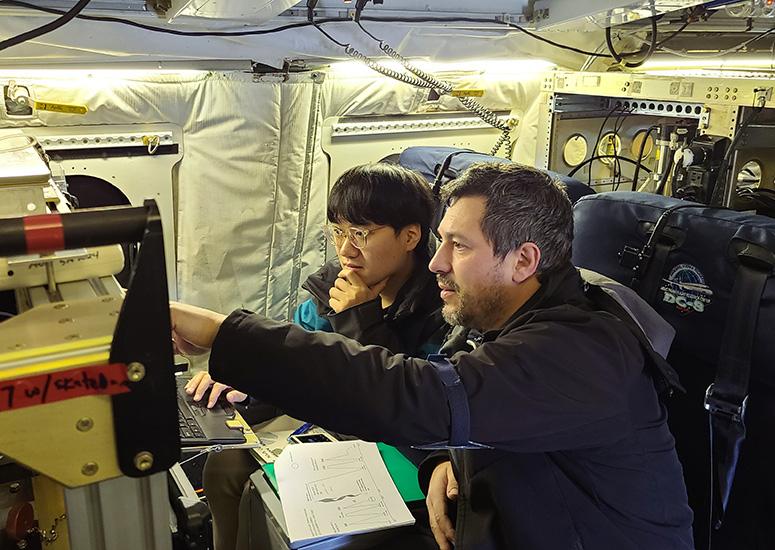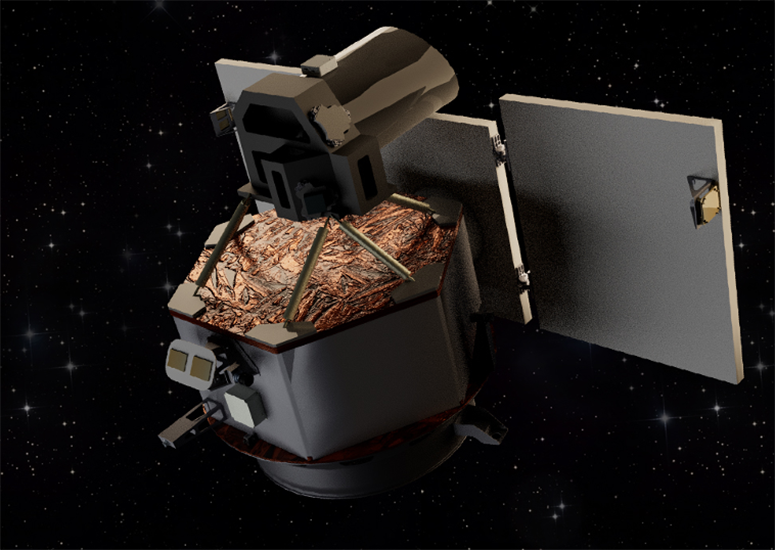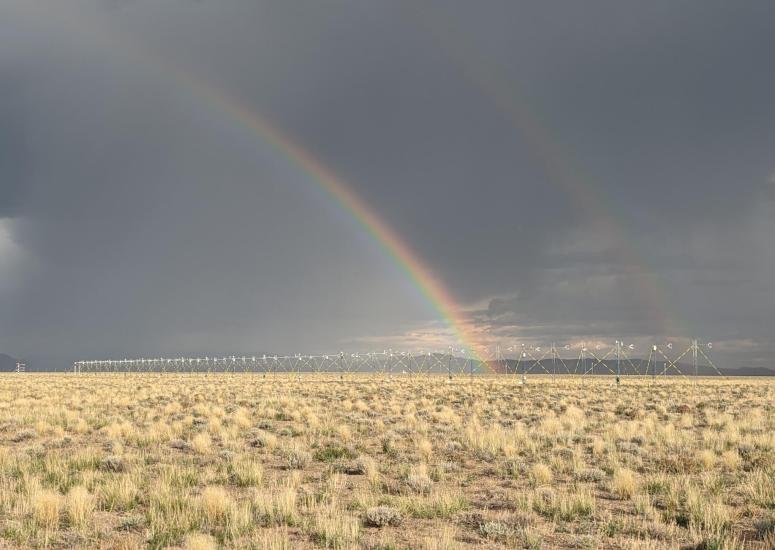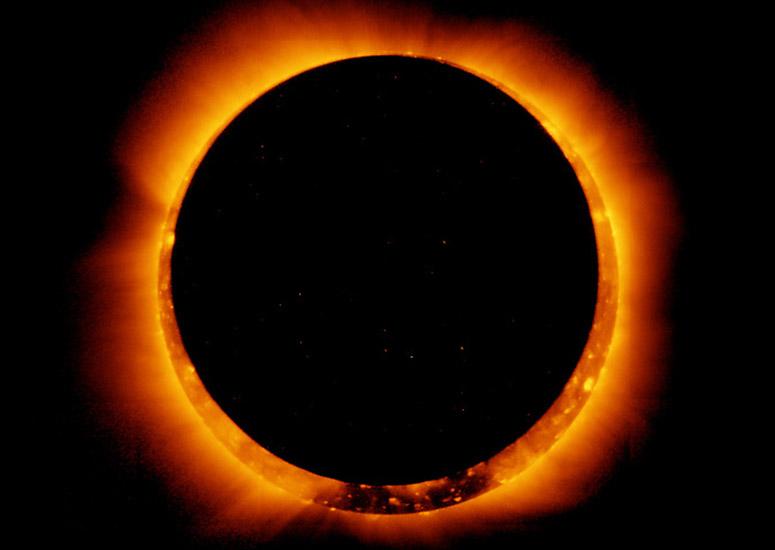Tag: Observing
-

NSF NCAR scientists participate in mission to measure air quality over Asia
Scientists from the U.S. National Science Foundation National Center for Atmospheric Research (NSF NCAR) have begun a four-country deployment focused on obtaining airborne observations of air quality over some of Asia’s largest cities.
- Air Quality
-

Northern tropical Africa not the significant carbon source satellite data suggests
The forests and grasslands of northern tropical Africa take in about as much carbon dioxide in the wet season as they release in the dry season, according to a new study based on observations from aircraft. The findings contradict earlier research that relied on satellite data and found that these ecosystems may be adding significantly more carbon to the atmosphere than they absorb over the course of a year.
- Air Quality,
- Climate
-

Shining light on a solar blindspot
A proposal for a spacecraft that would take a fresh look at the Sun — enabling a never-before-seen view of our star’s magnetic field — has received $2 million in funding from NASA for further study.
- Sun + Space Weather
-

When it comes to collecting data, nothing stops NCAR scientific teams
The reappearance of a dormant lake was only the first challenge faced by an Earth Observing Laboratory field study. Researchers persevered to relocate the project and collect data that may lead to more accurate forecasting of severe weather events like tornadoes.
- Weather
-

Join NCAR solar scientists in Utah to watch the Oct. 14 annular eclipse
Scientists from the High Altitude Observatory will be onsite at Hovenweep National Monument
- Sun + Space Weather
